Signs of the Times • 7 February 2019 • No. 185
¶ Processional. School principal Zhang Pengfei and students at Xi Guan Primary School in Shanxi Province, China.

Special issue
TAXING MATTERS
Tax law and troublesome faith
The question of tax fairness has long been on my radar. But it wasn’t until the phrase “marginal tax rate” made headlines recently that I realized few people know what it means, and my own understanding was pretty vague.
At about the same time I came across the following quote while reading Rebecca Solnit’s book, Call Them by Their True Names:
“If you boil the strange soup of contemporary right-wing ideology down to a sort of bouillon cube, you find the idea that things are not connected to other things, that people are not connected to other people, and that they are better off unconnected. . . .
“Taxes represent civic connection: what we each give to the collective good. This particular form of shared interest has been framed as a form of oppression at least since Ronald Reagan. . . .
“‘Freedom’ is just another word for nothing left to limit your options. And this is how the ideology of isolation 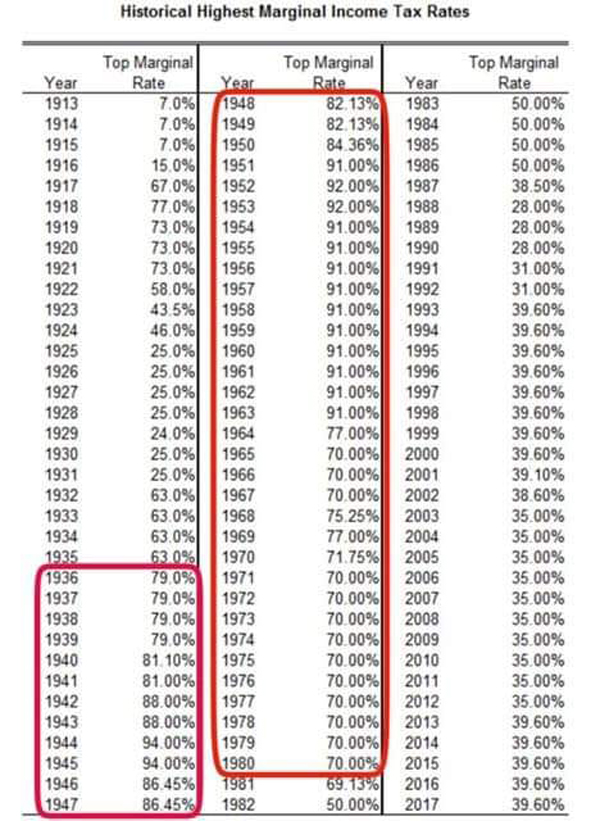 become nihilism.” —continue reading “Taxing matters: Tax laws and troubling faith”
become nihilism.” —continue reading “Taxing matters: Tax laws and troubling faith”
¶ Invocation. Sheikh Qari Barakatullah Saleem call to prayer, performing the Adhaan/Azaan in Afghanistan.
¶ Call to worship. “Angels filled the air, shouting, ‘Holy, holy, holy! Just and Righteous and Merciful is God’s name! Every bit of the earth is filled with the Blessed One’s caress!’ And in my vision, Heaven’s Voice made the mountains shake and the meadows rumble.
"And I said, ‘I am not worthy to see such things! My lips cannot speak such wonder. My hands cannot hold it. I am only a little girl.’ But the One who breathes every breath said to me: ‘Do not say I am only a little girl. For you shall go where I send you, speak what I command you. Fear not, fear not.’” —continue reading “Send me,” a litany for worship inspired by Jeremiah 1:7-9 and Isaiah 6:1-8
¶ Hymn of praise. “I got two hands / I want to clap my hands together / I got two legs / I want to dance to heavens door / I got one heart / I gonna fill it up with up Jesus / And I ain't gonna think about trouble anymore.” —Townes Van Zandt, “Two Hands”
¶ “Right before Congress passed the Tax Cuts and Jobs Act in December 2017, President Trump proclaimed: ‘It’ll be fantastic for the middle-income people and for jobs, most of all … I think we could go to 4%, 5% or even 6% [GDP growth], ultimately. We are back. We are really going to start to rock.’
“A year later, it’s very clear that the . . . the only thing that ‘rocked’ were corporate profits and the stock market. And we’re facing trillion-dollar deficits as far as the eye can see.” —Howard Gold, MarketWatch (Thanks Jeanie.)
¶ Dutch historian Rutger Bregman told a room full of billionaires at the World Economic Forum in Davos, Switzerland that they need to step up and pay their fair share of taxes. (4:34 video. Thanks Dick.)
¶ Since newly-elected Rep. Alexandria Ocasio-Cortez’s “60 Minutes” television interview, where she said out 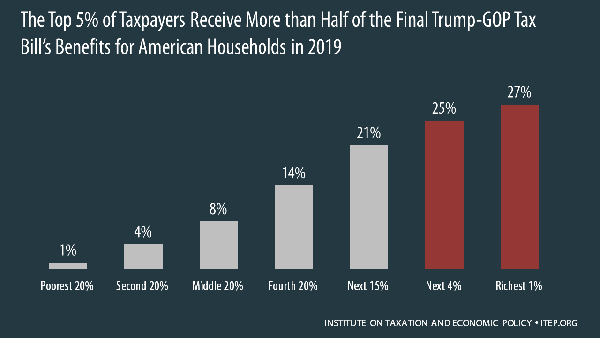 arguments for a 70% marginal tax plan for the wealthiest individuals, polling show that 59% of Americans favor the plan. —Eric Levitz, “Majorty Back’s AOCs 70% Top Marginal Rate,” Intelligencer
arguments for a 70% marginal tax plan for the wealthiest individuals, polling show that 59% of Americans favor the plan. —Eric Levitz, “Majorty Back’s AOCs 70% Top Marginal Rate,” Intelligencer
(By way, the plan is not to collect 70% of an individual’s income—only 70% of the amount over $10 million annually.)
¶ Here are two brief videos to explain marginal tax rates.
• “Understanding Marginal Tax Rates,” Michael Linden. (2:16)
• “How marginal tax rates actually work, explained with a cartoon,” Alvin Chang, Vox. (2:48, with accompanying text.)
¶ Confession. “A bad enough situation / Is sure enough getting worse / Everybody's crying justice / Just as long as there's business first. . . .” —Maria Muldaur & Mose Allison, “Everybody Cryin’ Mercy”
¶ How to get your head around how rich a billionaire actually is. “Let’s say you earn $50k/year and save every single penny. After 20 years, you’d have saved $1 million. After 200 years, you’d be dead, but would have saved $10 million. Only after 20,000 years would you have saved $1 billion.” —Nathan H. Rubin, Twitter (Thanks Susan.)
¶ The Republicans’ 2017 Tax Cuts and Jobs Act, which was supposed to boost business investments and crank up the economy, didn’t.
• 84% companies questioned said the savings (which will add $1.9 trillion to the national debt over the next decade) will not change their hiring and investment plans.
• The $1 trillion in tax savings went mostly to stock buybacks, boosting returns for investors as well as CEOs, 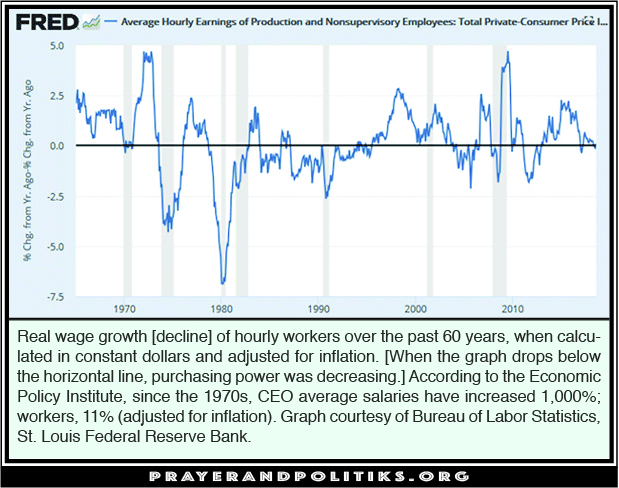 most of whom receive stock options as part of their compensation.
most of whom receive stock options as part of their compensation.
• Analysis at Merrill Lynch Wealth Management refer to the tax break as “The investment boom that wasn’t.”
• 80% of American taxpayers will see no reduction in the income tax liability; the wealthiest citizens enjoy a 20% reduction, along with various other tax breaks. —Chris Tomlinson, Houston Chronicle
¶ Even before the dramatic lowering of rates for individuals and corporations, taxes in the US “made up a smaller share of national gross domestic product than in nearly any other of the rich countries in the Organization for Economic Cooperation and Development.” —Christopher Ingraham, Washington Post
¶ “It’s Time to Get Billionaires Off of Welfare.” “Jeff Bezos, the founder of Amazon, is the wealthiest person on Earth, according to the Bloomberg Billionaires Index. He is now worth $168 billion. In fact, since the beginning of this year, his wealth has increased by about $277 million — every single day. [This article published in mid-January, just prior to market’s dramatic downturn.]
“Meanwhile, Mr. Bezos continues to pay many thousands of his Amazon employees wages that are so low that they must rely on food stamps, Medicaid or public housing in order to survive. In effect, the middle-class taxpayers of this country are subsidizing the low wages paid by the richest person on Earth. That’s nuts.” —, CommonDreams
¶ A quick summary of the history of marginal tax rates in the US
• In 1917, to help pay for World War I, the rates jumped from 15% to 67%
• It rose again, to 77%, in 1918.
• In the early ‘20s it dropped to the upper fifties, then down to 25% through 1931.
• In 1932 the rate rose to 63%, then up to 79% in 1936, then to 81% in 1941, then to 94% in 1944, before  dropped back to the lower 90s through 1963.
dropped back to the lower 90s through 1963.
• In 1964 and through1981, it dropped to 70%, then 50% in the mid-eighties, down to mid-to-upper 30s through 2017.
• The 2019 marginal tax rate is 37% for annual income higher than a half million, the lowest in nearly a century. —for more details see “Historical Marginal Tax Rate,” Wikipedia
¶ Words of assurance. “When my morning comes around / From a new cup I'll be drinking / And for once I won't be thinking / That there's something wrong with me / And I'll wake up and find / That my faults have been forgiven / And that's when I'll start living / When my morning comes around.” —Iris Dement, “When My Morning Comes Around”
¶ Corporate welfare: two examples
• A study shows that between 2010 and 2016, every one of the 210 new drugs approved by the US Food and Drug Administration were funded by the National Institute of Health (public money). None of the profits made by companies selling these drugs goes to reimburse the federal government’s research. —watch this short (3:11) video of congressional testimony (Thanks Michael.)
• About half of the Pentagon’s $700+ billion budget goes to private companies. —William D. Hartung, The American Conservative
¶ An d in more Pentagon news
d in more Pentagon news
Left: Illustration by Victor Juhasz
• In 1990 Congress passed legislation requiring the Pentagon to undergo an audit—just like other branches of government. It took 28 years to comply, and the effort cost $972 million (including the cost of fixing financial systems) and announced a failing grade. So it was put off to January 2019, but now the Pentagon has delayed its congressional briefing on the results. —Aaron Gregg, Washington Post
• “For decades, the DoD [Department of Defense] leaders and accountants have been perpetrating a gigantic, unconstitutional accounting fraud, deliberately cooking the books to mislead the Congress and drive the DoD’s budgets ever higher, regardless of military necessity. DoD has literally been making up numbers in its annual financial reports to Congress.” —Dave Lindorff, “The Pentagon’s Massive Accounting Fraud Exposed,” The Nation
¶ Professing our faith. “Though Ann [Pettifor, British political economist, in her new book, Just Money: How society can break the despotic power of finance, wouldn't call herself a theologian, and although this is ostensibly not ‘that kind of book’, the way she discusses and expounds finance and economics is therefore profoundly theological.
“It says that we do not have to be enslaved to a commodified mystification. It announces the possibility of deliverance. It demolishes the moneylenders' temple. It calls for metanoia, for turning around and heading in a new direction. And it achieves all this without the use of the kind of 'religious' language that so often masks genuine theological insight.” —Simon Barrow, Ekklesia
¶ Hymn of resolution. “We will go by night, by night / to search for the well / only thirst will light the way / only thirst will light the way.” —English translation of the Taizé song, “De noche iremos”
¶ Word. “The moral crisis of our age ha s nothing to do with gay marriage or abortion; it’s insider trading, obscene CEO pay, wage theft from ordinary workers, Wall Street’s continued gambling addition, corporate payoffs to friendly politicians, and the billionaire takeover of our democracy.” —Robert Reich
s nothing to do with gay marriage or abortion; it’s insider trading, obscene CEO pay, wage theft from ordinary workers, Wall Street’s continued gambling addition, corporate payoffs to friendly politicians, and the billionaire takeover of our democracy.” —Robert Reich
¶ By the numbers. “Myth #1: Immigrants take more from the U.S. government than they contribute. Fact: Immigrants contribute more in tax revenue than they take in government benefits.” —for more see Gretchen Frazee, “4 myths about how immigrants affect the U.S. economy,” PBS
¶ Preach it. “When the orbit of worship properly encircles the world of work, the result upsets every pattern of domination.” —kls
¶ Can’t makes this sh*t up. When senior economic advisors warned President Trump about the calamitous effect over the next decade of the budget deficits, he responded: “Yeah, I won’t be here.” —Asawin Suebsaeng & Lachian Markay, Daily Beast
¶ Call to the table. “You are the wine / I am the cup / I can yield nothing till I am filled up / Hold me upright / And pour forth your life / O Wine, come fill me with you.” —Peter Mayer, “O Sun”
¶ The state of our disunion. “In 2018, The Average Family Paid More To Hospitals Than To The Federal Government In Taxes.” —, Forbes
¶ “Back in the 1960s, our top marginal tax rate ranged from 70% to 91%. That was also the decade when our 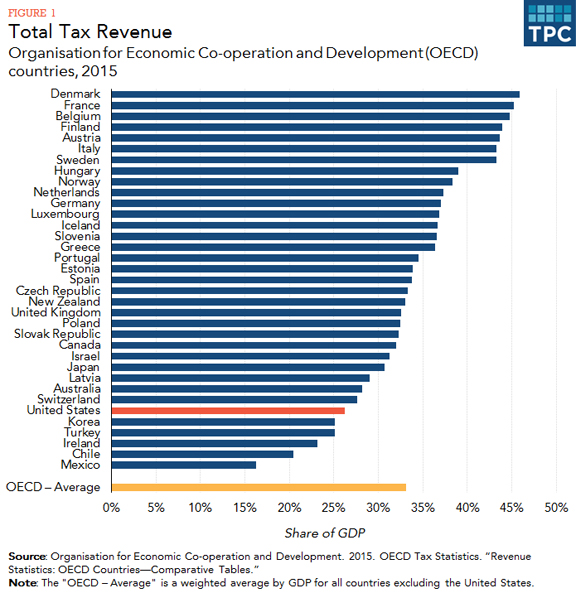 country had its highest average economic growth rate. More importantly, it was an era when workers generally shared in the country’s prosperity. Since the 1970s, wages for most U.S. workers have flatlined, even as productivity has steadily increased. But back in the 1950s and 1960s, wage growth kept pace with productivity.” —, CommonDreams
country had its highest average economic growth rate. More importantly, it was an era when workers generally shared in the country’s prosperity. Since the 1970s, wages for most U.S. workers have flatlined, even as productivity has steadily increased. But back in the 1950s and 1960s, wage growth kept pace with productivity.” —, CommonDreams
¶ For the beauty of the earth. It got so cold last week that part of Niagara Falls froze. (0:22 video)
¶ This is why Republicans want to privatize everything. Major corporations that do contract work for the federal government have much higher CEO-worker pay ratios than other companies.” —Kevin McCoy, “CEO vs. worker pay: Federal contractors have the biggest compensation gaps,” USA Today
¶ Altar call. “Rejoice in the presence of those who resist the counsel of the arrogant, who sidestep the influence-peddlers, who refuse to participate in political payoffs. Blessed One, multiply their presence in our midst! And may we have the courage to be among their number!” —continue reading “Multiply their presence,” a litany for worship inspired by Psalm 1
¶ Benediction. “May the Christ who lightens every burden, and heightens every cheer, be ever-near, ever-here, no matter the road’s rutted way, no matt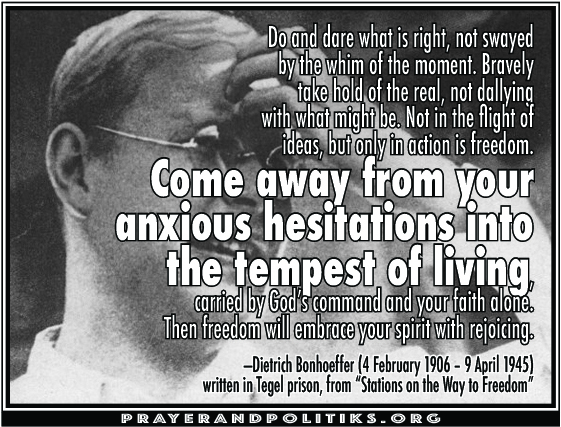 er the journey’s bitter dismay. Listen for that which no libelous tongue can say nor grief-plugged ear can hear: The One who suckles you and savors you and thrills at the sound of your beating heart—this One knows your need and will bleed in your defense.” —continue reading “Safe harbor awaits,” a litany for worship inspired by Psalm 20:4, Jeremiah 17:7-8, Jeremiah 29:11, Matthew 11:28-30, Psalm 34:8, Numbers 6:24-26
er the journey’s bitter dismay. Listen for that which no libelous tongue can say nor grief-plugged ear can hear: The One who suckles you and savors you and thrills at the sound of your beating heart—this One knows your need and will bleed in your defense.” —continue reading “Safe harbor awaits,” a litany for worship inspired by Psalm 20:4, Jeremiah 17:7-8, Jeremiah 29:11, Matthew 11:28-30, Psalm 34:8, Numbers 6:24-26
¶ Recessional. “Lord, now lettest thou thy servant depart in peace according to thy word. / For mine eyes have seen thy salvation, / Which thou hast prepared before the face of all people; / To be a light to lighten the Gentiles and to be the glory of thy people Israel.” —English lyrics to Nunc Dimittis, performed at the Taizé Community
¶ Lectionary for this Sunday. “Send me,” a litany for worship inspired by Jeremiah 1:7-9 and Isaiah 6:1-8
¶ Lectionary for Sunday next. Three litanies for worship inspired by Psalm 1:
¶ Just for fun. Mesmerizing: Trains plowing through snow. (8:07 video)
# # #
Featured this week on prayer&politiks
• “Taxing matters: Tax laws and troubling faith,” a new essay
• “Safe harbor awaits,” a litany for worship inspired by Psalm 20:4, Jeremiah 17:7-8, Jeremiah 29:11, Matthew 11:28-30, Psalm 34:8, Numbers 6:24-26
©Ken Sehested @ prayerandpolitiks.org. Language not otherwise indicated above is that of the editor, as are those portions cited as “kls.” Don’t let the “copyright” notice keep you from circulating material you find here (and elsewhere in this site). Reprint permission is hereby granted in advance for noncommercial purposes.
Feel free to copy and post any original art on this site. (The ones with “prayerandpolitiks.org” at the bottom.) As well as other information you find helpful.
Your comments are always welcomed. If you have news, views, notes or quotes to add to the list above, please do. If you like what you read, pass this along to your friends. You can reach me directly at kensehested@prayerandpolitiks.org.



 Toronto.
Toronto.
 celebrities and journalists for up to four days to discuss the most pressing issues facing the world.” —Wikipedia
celebrities and journalists for up to four days to discuss the most pressing issues facing the world.” —Wikipedia  l with those major problems has plummeted.” —
l with those major problems has plummeted.” —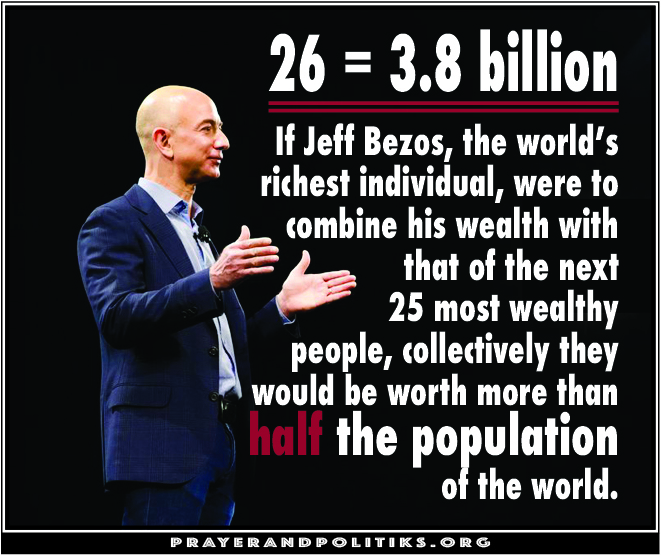 o featuring a Kentucky high school student. This article, “
o featuring a Kentucky high school student. This article, “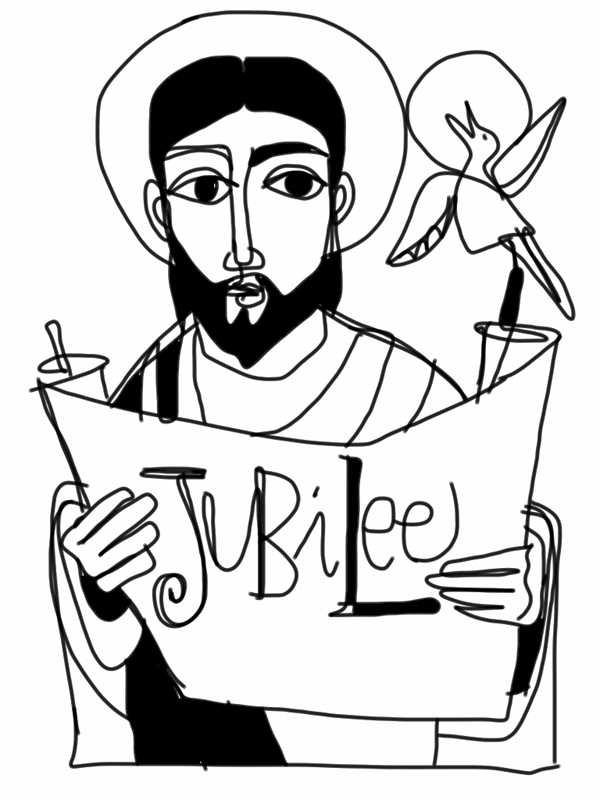 able to come to the table / Simply glad that you came / And when you feel like this try to imagine / That we're all like frail boats on the sea / Just scanning the night for that great guiding light / Announcing the Jubilee.” —Mary Chapin Carpenter, “
able to come to the table / Simply glad that you came / And when you feel like this try to imagine / That we're all like frail boats on the sea / Just scanning the night for that great guiding light / Announcing the Jubilee.” —Mary Chapin Carpenter, “ fail to tell the whole story. The Gospel reading is the famous Luke 4 text where Jesus preached his first sermon. But it only covers the first part of the story (vv. 14-21) but not the rest (vv. 22-30).
fail to tell the whole story. The Gospel reading is the famous Luke 4 text where Jesus preached his first sermon. But it only covers the first part of the story (vv. 14-21) but not the rest (vv. 22-30).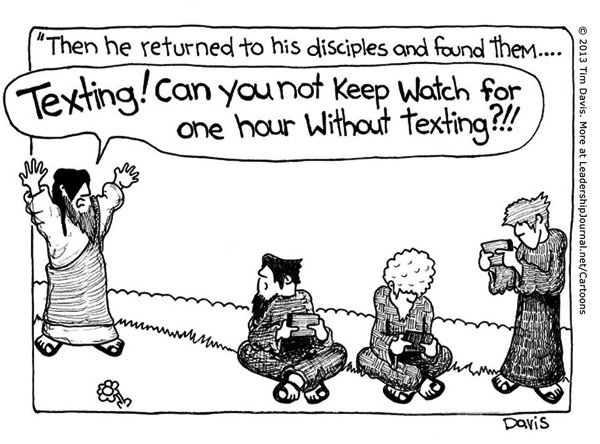 ©Ken Sehested @ prayerandpolitiks.org. Language not otherwise indicated above is that of the editor, as are those portions cited as “kls.” Don’t let the “copyright” notice keep you from circulating material you find here (and elsewhere in this site). Reprint permission is hereby granted in advance for noncommercial purposes.
©Ken Sehested @ prayerandpolitiks.org. Language not otherwise indicated above is that of the editor, as are those portions cited as “kls.” Don’t let the “copyright” notice keep you from circulating material you find here (and elsewhere in this site). Reprint permission is hereby granted in advance for noncommercial purposes.
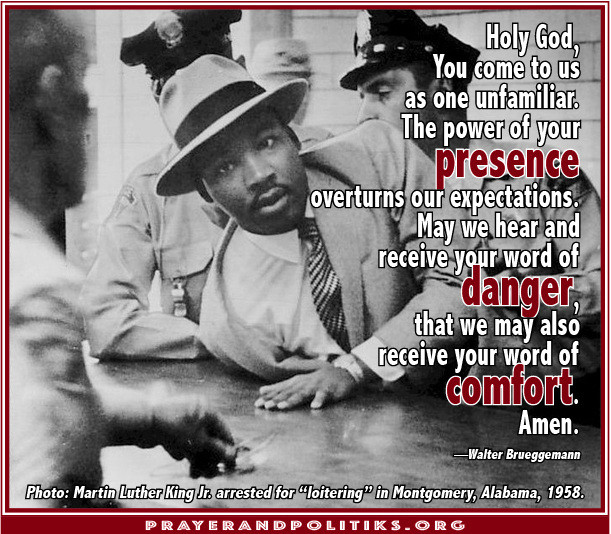 Sonnet for Ascension Day”
Sonnet for Ascension Day”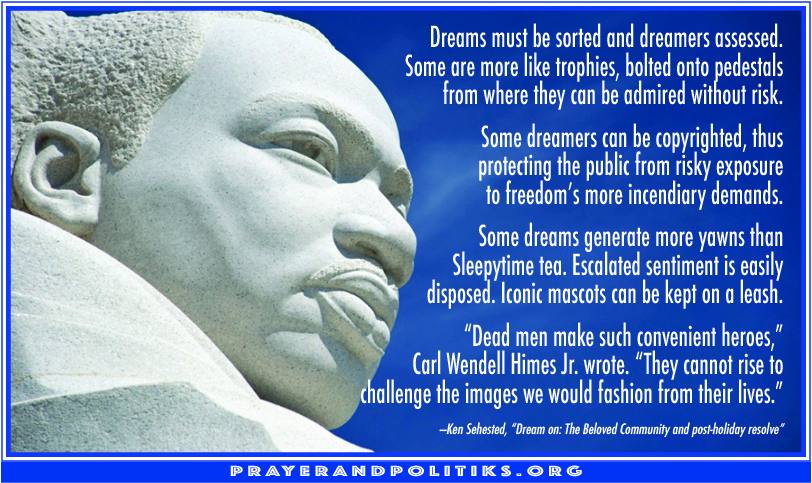
 by race where victims are always culpable for their own demise. Black tears are of no consequence because they come from bodies deemed defective by the myths of racialized thinking. Until all hearts begin to break and mothers of privilege join the funeral procession only then will sorrow cease to be our song.” — Rev. Dr. Otis Moss III
by race where victims are always culpable for their own demise. Black tears are of no consequence because they come from bodies deemed defective by the myths of racialized thinking. Until all hearts begin to break and mothers of privilege join the funeral procession only then will sorrow cease to be our song.” — Rev. Dr. Otis Moss III into house arrest. Years earlier, perhaps with a sense of foreboding, she had composed her famous song of farewell, “Aloha ‘Oe.” (see below) Thanks to Pam McAlister, “
into house arrest. Years earlier, perhaps with a sense of foreboding, she had composed her famous song of farewell, “Aloha ‘Oe.” (see below) Thanks to Pam McAlister, “ includes a fascinating map of such produced by the Southern Poverty Law Center.
includes a fascinating map of such produced by the Southern Poverty Law Center.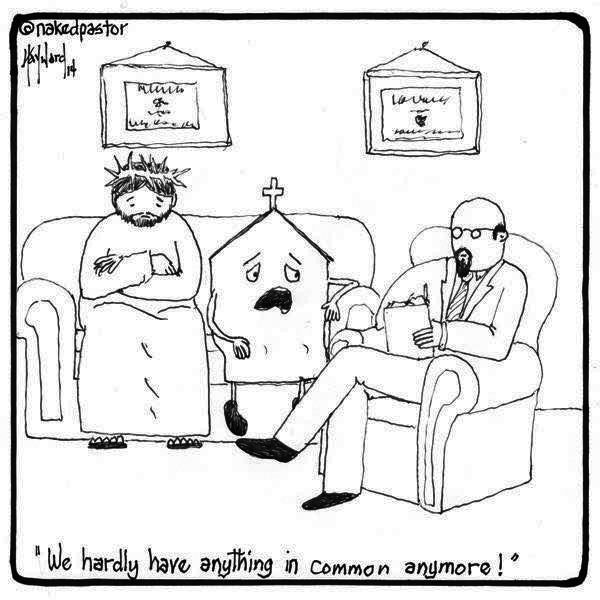 • “
• “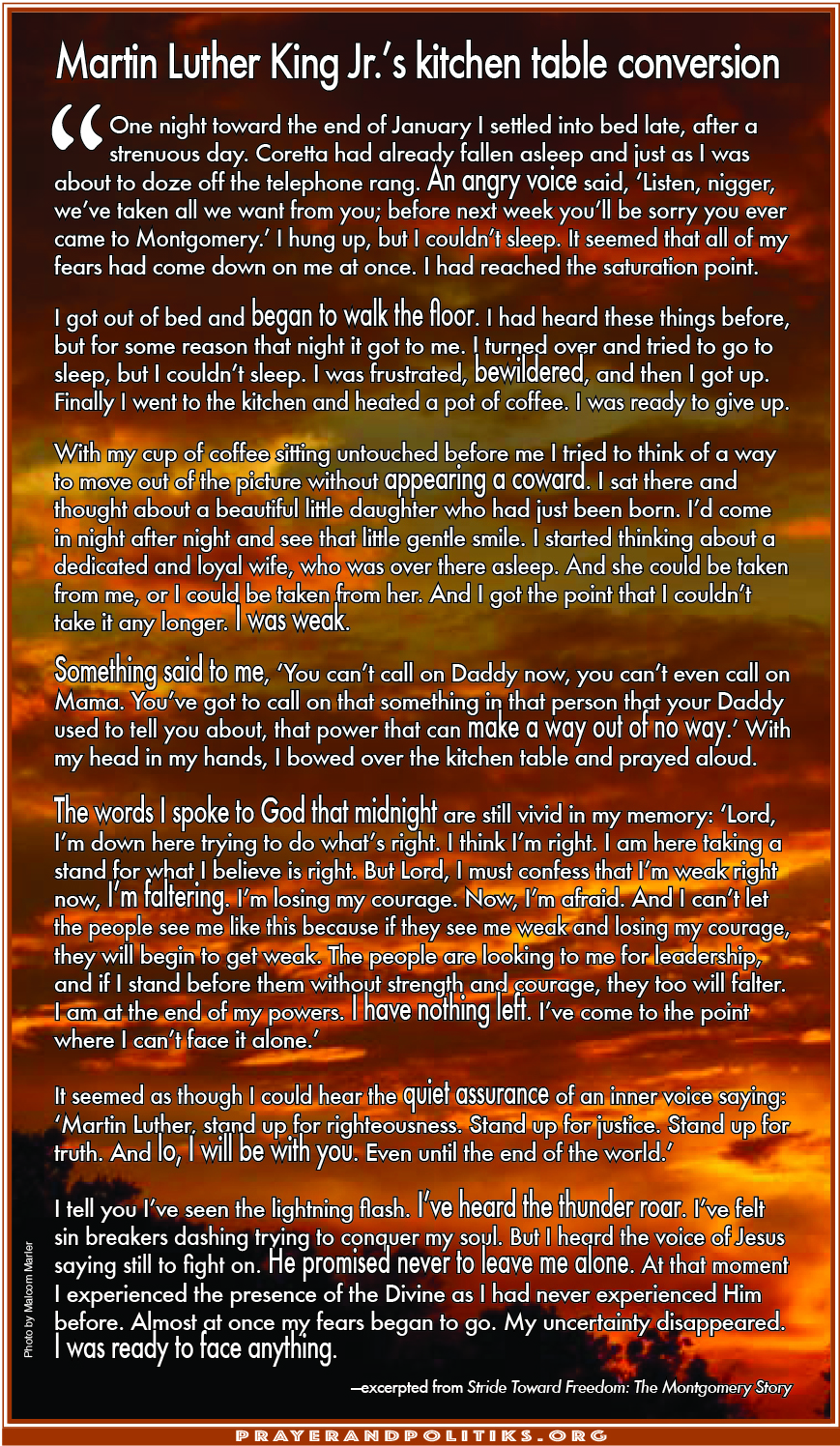
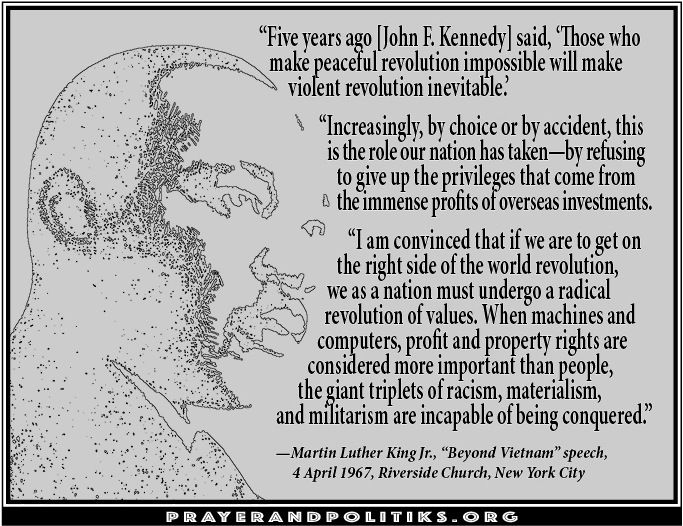 shame into praise.
shame into praise.
 have always made America great. (Thanks Charlie.)
have always made America great. (Thanks Charlie.) 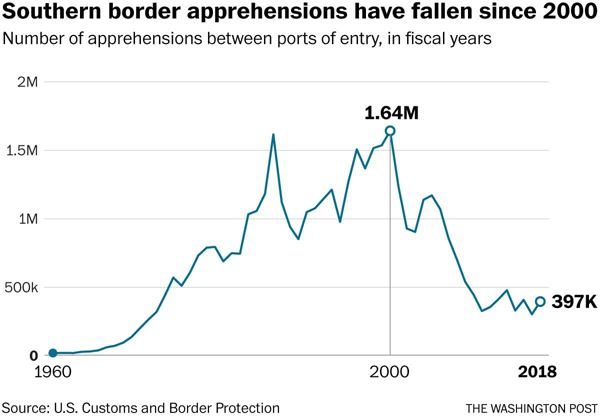 United States actually has decreased over the past decade. In 2007, there were 12.2 million immigrants here without legal status. By 2016, that had fallen to 10.7 million, a decline of about 14 percent . Of those 10.7 million, two-thirds of the adults have lived here more than 10 years, meaning they aren’t new arrivals but long-term residents. As is often the case, public fears and political propaganda don’t square with the facts. Undocumented immigrants make up about 3 percent of the U.S. population.” —
United States actually has decreased over the past decade. In 2007, there were 12.2 million immigrants here without legal status. By 2016, that had fallen to 10.7 million, a decline of about 14 percent . Of those 10.7 million, two-thirds of the adults have lived here more than 10 years, meaning they aren’t new arrivals but long-term residents. As is often the case, public fears and political propaganda don’t square with the facts. Undocumented immigrants make up about 3 percent of the U.S. population.” — ¶ Good news. Much of the area along the Jordan River where Christians believe Jesus Christ was baptized in the Jordan River is fenced off because of thousands of unexploded mines. But “the HALO Trust, the world's largest humanitarian landmine removal organization, has now received permission to begin removal of the mines.” (See photo at right by Oren Liebermann/CNN) —
¶ Good news. Much of the area along the Jordan River where Christians believe Jesus Christ was baptized in the Jordan River is fenced off because of thousands of unexploded mines. But “the HALO Trust, the world's largest humanitarian landmine removal organization, has now received permission to begin removal of the mines.” (See photo at right by Oren Liebermann/CNN) — southern border.” But then, Fox News correspondent Chris Wallace openly challenged Trump’s chief fact-bender, saying “The state department says there hasn’t been any terrorists found coming across the southern border from Mexico.” —see
southern border.” But then, Fox News correspondent Chris Wallace openly challenged Trump’s chief fact-bender, saying “The state department says there hasn’t been any terrorists found coming across the southern border from Mexico.” —see  National Butterfly Center in Mission, Texas, where on any given day you can observe some 60 species of butterflies, the most diverse in the country.
National Butterfly Center in Mission, Texas, where on any given day you can observe some 60 species of butterflies, the most diverse in the country.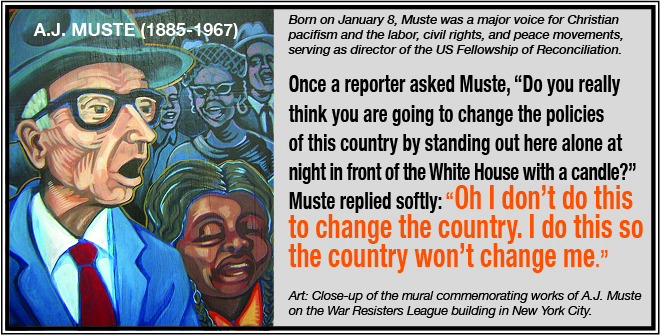 ¶ Lectionary for Sunday next. “You shall no more be termed Forsaken, and your land shall no more be termed Desolate.” —Isaiah 62:4
¶ Lectionary for Sunday next. “You shall no more be termed Forsaken, and your land shall no more be termed Desolate.” —Isaiah 62:4 Other features
Other features